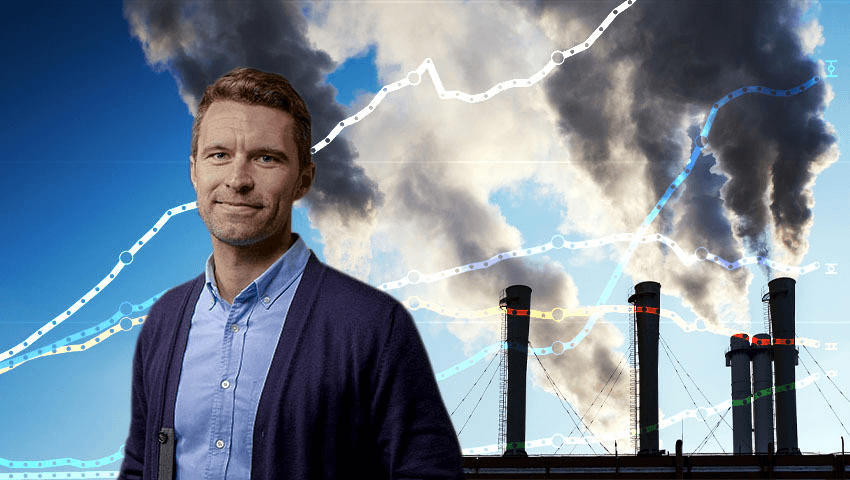Business after Covid: A return to normal might seem appealing, but as Tim Brown of Allbirds writes as part of a new business series, now is the time to strive for something better.
The Covid-19 crisis has yanked our freedoms out from underneath us. Our sense of safety, community, and day-to-day life is no longer what we knew it to be. But, as we find ourselves craving a return to normal, we also have a unique opportunity to contemplate what a “return to better” might look like, and how to do it with a simple measurement.
In 1941 with WWII still raging, Winston Churchill came together with the US president Franklin Delano Roosevelt to issue a charter that would become the first stepping stone towards the United Nations, underlining that even in the most perilous of times we can find lessons for a better future. As New Zealanders begin thinking through a safe reentry into society from this shelter-in-place, my hope is you will also consider how to create a more proactive, responsible society in the process.
At Allbirds, a brand we founded in 2016 with the goal of making footwear from sustainable materials in the face of the enormous existential threat posed by man-made climate change, the global collective action we’ve witnessed in this moment has given us hope. The response in New Zealand and in many places around the world has been extraordinary. We have seen governments, organisations, and communities of concerned citizens around the world come together with a coordinated response to a common enemy.
This interconnected and resilient response has allowed us to imagine that the seemingly insurmountable challenge of slowing, and ideally reversing the impact of global carbon emissions is more of an attainable possibility in a post-Covid world than the one we knew before it. And it has given us the opportunity to see that this version of better can be led by a new generation of socially-conscious businesses with a deepened understanding of the power of working together to solve the world’s most complicated and urgent problems.
Part of the challenge of tackling climate change is our lack of a cohesive plan of action across cities, countries, and continents. I believe that most of us have a basic understanding of the need to find a more sustainable way to live – and yet what that actually means remains incredibly elusive. From microplastics, to biodiversity, to water usage, and recyclability to name just a few of the critically important issues living under the umbrella of “sustainability,” consumers are often confused as to how to make “better” choices on behalf of the environment. The good news is that there is a surprisingly simple solution.
There is a metric that if broadly adopted could better help us understand our contribution to climate change and could be a useful tool against misleading and detrimental corporate greenwashing. That metric is carbon emissions. Carbon dioxide is emitted as we drive our cars, fire our factories, power our cities, but these emissions also warm our atmosphere. Every individual and organisation on earth has their own carbon footprint, and when we look at the sum of these emissions, our planet has an incredibly worrisome problem. Scientists agree that we must cut this number down to net zero by 2050 to avoid the continued warming of the planet and the catastrophic consequences that will come from that.
By encouraging businesses to measure and disclose the carbon emissions of their products and services, as consumers we can begin to understand our own environmental impact, and better still, make choices based on this information. If companies were required to measure and share their carbon emissions we could more accurately and effectively expose bad actors, while rewarding innovation. And if the world was singing from the same “carbon” song sheet, we could then start to understand both the importance of the global carbon footprint and our connection to it.
New Zealand has made solid progress towards declaring goals for developing a carbon zero economy but now has an opportunity to accelerate the urgency of that action. We can build on the collaboration between business and government in the face of Covid-19 to imagine closer partnerships to tackle climate change. The primary industries must be brought into that conversation not as a roadblock to progress but as a potential source of the solution with innovation and regenerative farming practices aligned around carbon reduction initiatives.
Let’s use the challenges of this moment to propel us not back to normal but forward to something better.
This is the third article in a five-part series about recovery in the post-Covid world.



